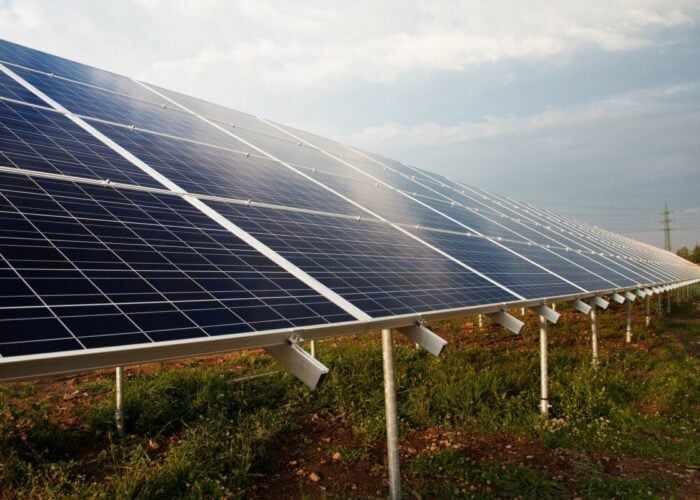The representative association for trading renewable energy certificates (RECs) Agents Association Household Solar in Australia has released the very positive results of a solar survey at the same time as a bill to abolish the Clean Energy Finance Corporation (CEFC) enters the senate.
The survey found that two million homes have solar but the love affair is at risk as government support wanes.
Try Premium for just $1
- Full premium access for the first month at only $1
- Converts to an annual rate after 30 days unless cancelled
- Cancel anytime during the trial period
Premium Benefits
- Expert industry analysis and interviews
- Digital access to PV Tech Power journal
- Exclusive event discounts
Or get the full Premium subscription right away
Or continue reading this article for free
On 13 November the CEFC Bill 2013 was introduced into parliament by the newly elected coalition government.
If the abolition of the CEFC for financing renewable energy and energy efficiency schemes is passed, all of CEFC's funds will be transferred to the treasury.
The Government has committed to “honour all payments that are necessary as part of meeting our contractual obligations to committed investments. These obligations will be met from the CEFC’s existing funding, which will be transferred to a new CEFC Transitional Special Account”.
The Commonwealth is to oversee the secure transition of all CEFC investments to the treasury for the least disruption of the clean energy market and for businesses to carry on as usual.
The bill has passed in the House of Representatives due to the government majority, gauging by other parties’ statements, the bill is unlikely to pass through the current senate.
The government’s Standing Environment and Communications Legislation Committee, has launched an inquiry into the bill as well as carbon pricing proposals, with a 2 December deadline.
Meanwhile the CEFC will continue to advocate its benefits to the economy and role in moving to a clean energy future. CEFC chief executive officer, Oliver Yates and chair, Jillian Broadbent are to be involved in the senate inquiry. A scheduled inquiry hearing is to take place on 26 November, for which the CEFC has said it will make a submission.
Yates said CEFC is operating under business as usual and is still advocating new investment opportunities and will continue to operate and fulfil obligations until the bill is passed.
Yates said CEFC has been “well received in the market” and there is still a pipeline of 179 project proposals with an estimated value of AU$14.9 billion.
More than 1.1 million homes in Australia have solar PV systems installed, although demand is falling as the government change casts its shadow on solar incentives. In 2013 there has been a 22% drop in installation rates, putting thousands of jobs in jeopardy and triggering a subsequent drop in the government funding required for the SRES.
According to REC RAA, the SRES will cost AU$6.50 from an average AU$500 quarterly energy bill.
“The Renewable Energy Target has helped almost 5 million Australians install solar, making a material contribution to meeting our energy needs,” said Ric Brazzale, CEO of Green Energy Markets and President of the REC Agents Association.
“There is simply no need to change the SRES through a Review of the Renewable Energy Target,” Brazzale said.
The RECs report, prepared by Green Energy Market to review the Small-scale Renewable Energy Scheme (SRES) – the Australian government’s financial incentive for small scale renewable energy users, has revealed 'Australians love solar'.
“Aussies are still keen to get their own clean solar power and are happy to use their own money for the vast majority of the investment cost,” said John Grimes, CEO of the Australian Solar Council.
“The Renewable Energy Target works,” said Fiona O’Hehir, CEO of Greenbank Environmental and Vice-President of RAA. “It creates jobs, reduces emissions and doesn’t cost the Federal Budget a cent.”






